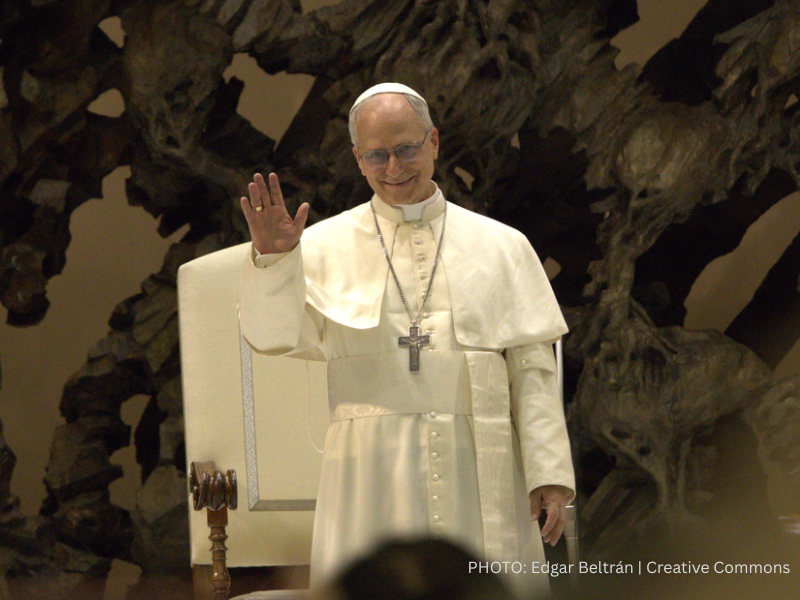The election of an American Pope is without precedent. The event raises American legal questions without precedent.
The Pope, as the Supreme Pontiff of the Roman Catholic Church, is the sovereign of an independent nation-state, Vatican City State. Within the constitutional framework of that state, the Supreme Pontiff holds all legislative, executive, and judicial power and is in some sense the owner, perhaps but not clearly in trust, of all its assets and income.
Against that background, one sees the potential for vexatious legal problems to arise.
For example, in ascending a foreign throne, as in the case of a Pope, does a U.S. citizen thereby renounce his U.S. citizenship?
Or, should he remain a U.S. citizen, do his assets and income, however defined and however sheltered, come within the reach of ever-hungry U.S. tax authorities as in the cases of many other Americans who reside “offshore” — that is, outside the territory of the United States?
Don’t imagine that there aren’t people asking those questions, and not merely for academic purposes.
To answer those questions, preserving the Pope’s American citizenship while also shielding him from the long-arm of U.S. tax collectors, several members of Congress, led by Representative Will Hurd (R-Colorado), have introduced H.R. 4501.
The bill was formally introduced and numbered on July 17, 2025. Its text has just become available, and can be read in this PDF file.
I am grateful to my friend William Hogan for monitoring the hopper of the House of Representatives at my request and alerting me as soon as the text of the bill was printed and made available to the public.
If enacted, H.R. 4501 would prohibit revocation of the citizenship, or Federal taxation under the income tax provisions (Subtitle A) of the Internal Revenue Code, of any United States citizen serving as Pope.
The bill has been referred to two House committees — the Judiciary Committee on the citizenship issue, and the Ways and Means Committee on the tax issue — for further action.
Photo: Edgar Beltrán | Creative Commons






